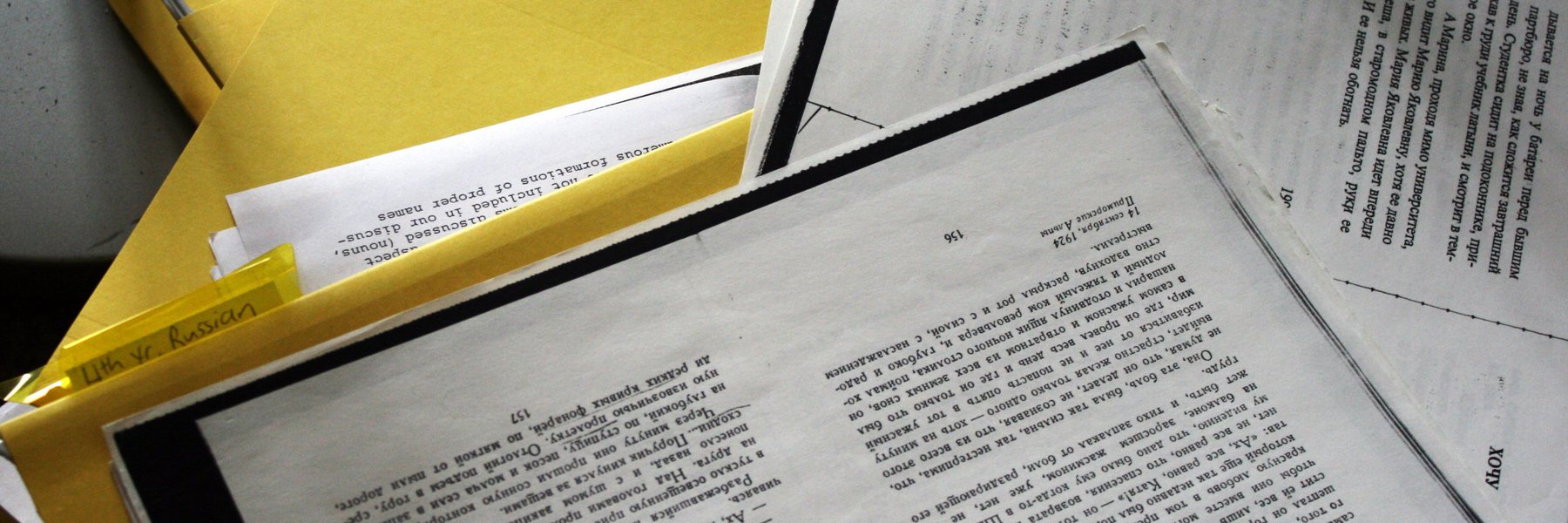Earlier this week, I had the pleasure of giving a talk with the Educational Writers Association on how to speed up slow Freedom of Information Act requests. Here are tips I’ve seen work over the years, plus a chance to share your secrets - and maybe win some free MuckRock requests.
Double check someone didn’t beat you to it
The quickest requests are the ones you don’t have to file, either because someone else already did or the agency proactively released the information.
MuckRock offers request search and filter features to let you search across requests that have been made public on our site, and if you find something that’s close but not quite what you’re looking for, you can click “Clone” and quickly copy and tweak the language to fit your needs.

More and more agencies are updating their own FOIA reading rooms, so that’s another great place to check.
If agencies aren’t the most organized or you’re having trouble finding the docs that are relevant to your query, little bit of Google-fu can also take you a long way, particularly if you mix the filetype and site-specific search parameters. To use them, just type in the following along with your query, modifying agency.gov to be the domain of the agency you’re interested in:
filetype:pdf site:agency.gov
You can also swap out “pdf” with ppt, pptx, xls, xlsx, csv, and other common file formats to find documents that might answer your question.
Finally, DocumentCloud has a rich library of documents vetted and posted by other news organizations that you can browse through.
Knowing is half the battle
After double checking it’s not already elsewhere online and filing your request (hopefully armed with some inspiration of other documents you’ve found), things might start to lag. Where do yo you go from there?
Some questions to answer first:
- How long have you waited, and is that past the statute’s deadline? (If you’re not sure, check out our guides to various state deadlines here
- Do you have an acknowledgement letter?
- Do you have a tracking number for the request?
- Did the agency include an estimated date of completion?
- Is there a contact for a FOIA liaison or other instructions on how to follow up if you have questions?
At the federal level, agencies are now required to provide an estimated completion date, as well as information on how to follow up if there are problems, including reaching out to the FOIA liaison or the Office of Government and Information Services.
If you don’t have a estimated completion date, whether for a state or local records request or a federal FOIA request, a good first step is reaching back out to the agency and asking for it. If you haven’t even received any acknowledgement after a week, sometimes it can help to give a call to the agency to check on what’s going on - some federal agencies are taking weeks now just to send out a confirmation letter, though most try to respond quickly to at least let you know they’re working on it.
Starting the negotiations
So hopefully now you’ve got an estimated completion date, but unfortunately it’s one you’re not happy with. It’s time to start figuring out a way to speed things up.
Take a second look at your request:
- Is it very specific, or does it ask for “any and all documents”?
- Can you narrow it to a specific date range, a specific office, or just some columns in a spreadsheet that might include a lot of personal information?
- Did you give the FOIA office pointers on where you think that document might be located, or who might know how to get it inside the agency?
Most FOIA offices and public information officers are happy to try to speed up a FOIA request if they can find a way to spend less time either hunting for the documents or trying to redact them.
At the federal level, most large agencies have a multi-track processing queue, where complex requests are put in a slow lane while smaller requests - typically under 500 pages - can get processed much, much faster. Check to see if your request is marked as complex or simple (sometimes agencies have three queues), and see if you can reduce your request to under the bar they’ve set.
A lot of times agencies that seem unreasonable at first just are not on the same page as you in terms of the scope of the request, or face technical challenges to fulfilling it. Sometimes hopping on the phone can fix that in 10 minutes.
Other negotiating tips
A lot of times agencies can provide interim releases, particularly when your request can’t be narrowed. If you’re asking for 6,000 pages and want to get some information now, ask for interim releases - every 500 pages that have been processed, for example, can be sent as they’re finished up.
At the local level, sometimes asking to review documents in person can help speed things up and reduce copying fees. Check your state laws to see what rights you have for in person inspection of documents.
Sometimes, for very intransigent agencies that are denying access to information that there’s broad public interest in, a little sunshine can beget more sunshine. If you’re a journalist, writing about the delays can often lead to faster responses.
Appealing and mediation
Finally, if the above doesn’t make progress - or you can’t get additional information from an agency once things are in process - you often have the option to appeal or seek mediation.
At the federal level, appealing just due to a missed deadline is unlikely to result in a quicker response. Courts have found that agency FOIA offices are underresourced and incapable of meeting their deadlines, so they have to use a first-in, first-out system to triage. However, it can be helpful to appeal if the agency is not providing an estimated completion date or is not being communicative about why you’re request is taking as long as it is taking. The same applies to state and local agencies, although they rarely have the same kinds of backlogs as federal agencies and, in states like Washington, delays can lead to severe financial penalties. Check out your state’s laws, and if you filed through MuckRock you can use the appeal tool to find relevant sample language (here’s a sample Connecticut appeal).
What are your tips?
What strategies have you used to get agencies to move more quickly? Any other strategies to share with requesters?
Email us at info@muckrock.com with “Speed Up” as the subject line. If we use your trick in our next roundup, we’ll credit you and give you a free MuckRock request as thanks.
And if you share a winning appeal and are ok with us adding it to our database, we’ll give you three free MuckRock requests.
Image via Wikimedia Commons




